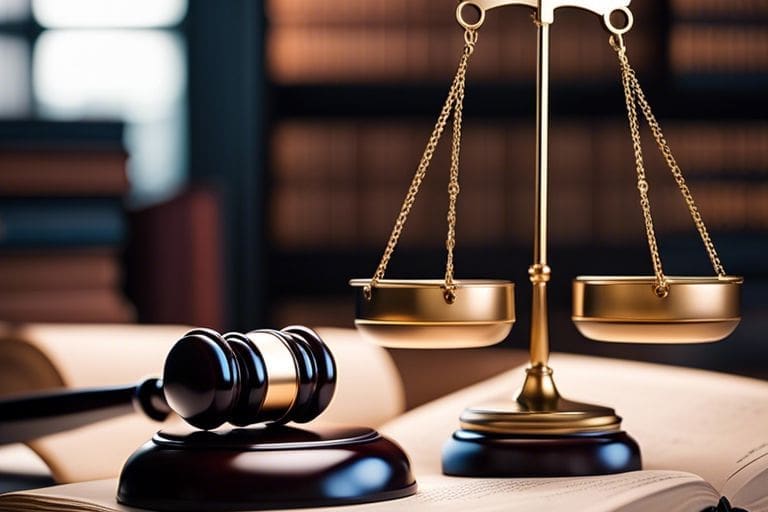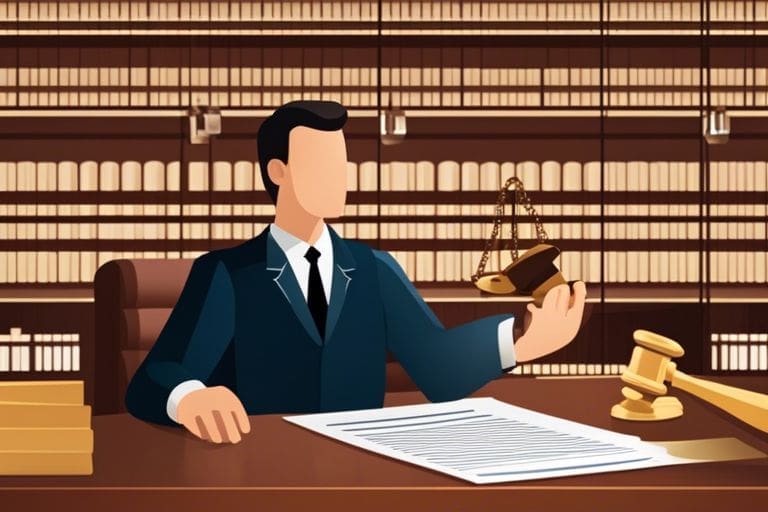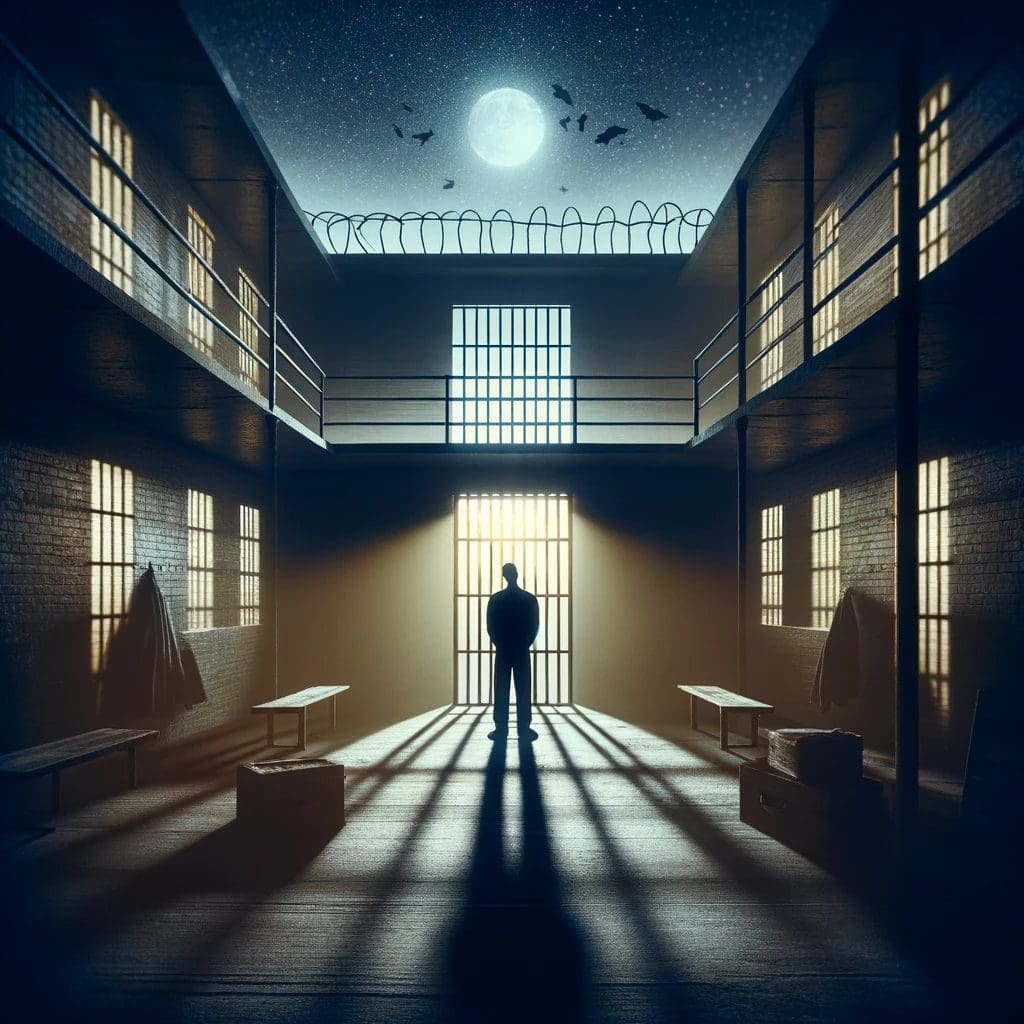Derechos de los presos
Prisoner Rights in Focus: Legal Standards, Advocacy, and Challenges
The issue of prisoner rights is a critical component of the legal system, addressing the protections and entitlements of individuals in custody. This article aims to provide a detailed understanding of these rights and the legal mechanisms that safeguard them.
Prisoner rights are grounded in the principle that incarceration does not strip individuals of their fundamental human rights. These rights include access to healthcare, protection from cruel and unusual punishment, and the right to legal representation.
Legal frameworks, both national and international, play a crucial role in defining and enforcing prisoner rights. For instance, the United Nations Standard Minimum Rules for the Treatment of Prisoners (the Nelson Mandela Rules) set out basic standards for prisoner treatment.
One of the pivotal aspects of prisoner rights is the access to fair legal processes. This encompasses the right to appeal convictions, access parole hearings, and challenge the conditions of confinement.
Healthcare in prison is a significant legal concern. Prisoners are entitled to receive healthcare equivalent to that available in the general community, which includes mental health services, treatment for chronic illnesses, and emergency care.
Legal advocacy for prisoners is an essential aspect of ensuring that their rights are respected and upheld. Advocates and human rights organizations work tirelessly to address violations, bring attention to systemic issues, and push for reforms.
In conclusion, prisoner rights are a vital area of legal focus, aiming to ensure that individuals in custody are treated justly and humanely. Understanding these rights is crucial for legal professionals, policymakers, and advocates in the pursuit of justice and equity.
Additionally, the legal challenges in ensuring prisoner rights are complex. Overcrowding, resource constraints, and varying interpretations of legal standards contribute to these challenges.
Education and awareness about prisoner rights are vital both within the prison system and the broader community. Educating prison staff, law enforcement, and the public can lead to better treatment of prisoners and a more just legal system.
The role of the judiciary in overseeing and enforcing prisoner rights cannot be understated. Courts often serve as the last line of defense against rights violations, making judicial oversight a cornerstone of prisoner rights protection.
Lastly, the integration of technology, such as digital legal resources and virtual legal consultations, is becoming increasingly important in ensuring that prisoners have adequate access to legal support and representation.
In summary, the realm of prisoner rights encompasses a wide range of legal, ethical, and social considerations. Continuous advocacy, legal reform, and education are key to upholding these rights and ensuring justice within the prison system.
Inicio " Vídeos " Otras cuestiones jurídicas " Derechos de los presos
Probation is an essential component of the criminal justice system in the United States. It offers...
Parole is a critical aspect of the criminal justice system, providing individuals with the opportunity to...
En el intrincado panorama del derecho y la criminología, la "indiferencia deliberada" emerge como un término crucial, especialmente...
A FAVOR O EN CONTRA Por Chris Finnie, antiguo colaborador de la revista Crime, Justice and America ....
Por John Riley, antiguo colaborador de la revista Crime, Justice and America. Publicado originalmente en...
El desempleo y la tasa de delincuencia Por Kate Daniels - ex autora colaboradora de Crimen, Justicia y...
Por Chris Finnie, antiguo colaborador de la revista Crime, Justice and America. Publicado originalmente en...
A FAVOR O EN CONTRA Por Chris Finnie, antiguo colaborador de la revista Crime, Justice and America ....
¿Tienen los reclusos derecho a tener hijos? A favor o en contra Por Chris Finnie - ex...










